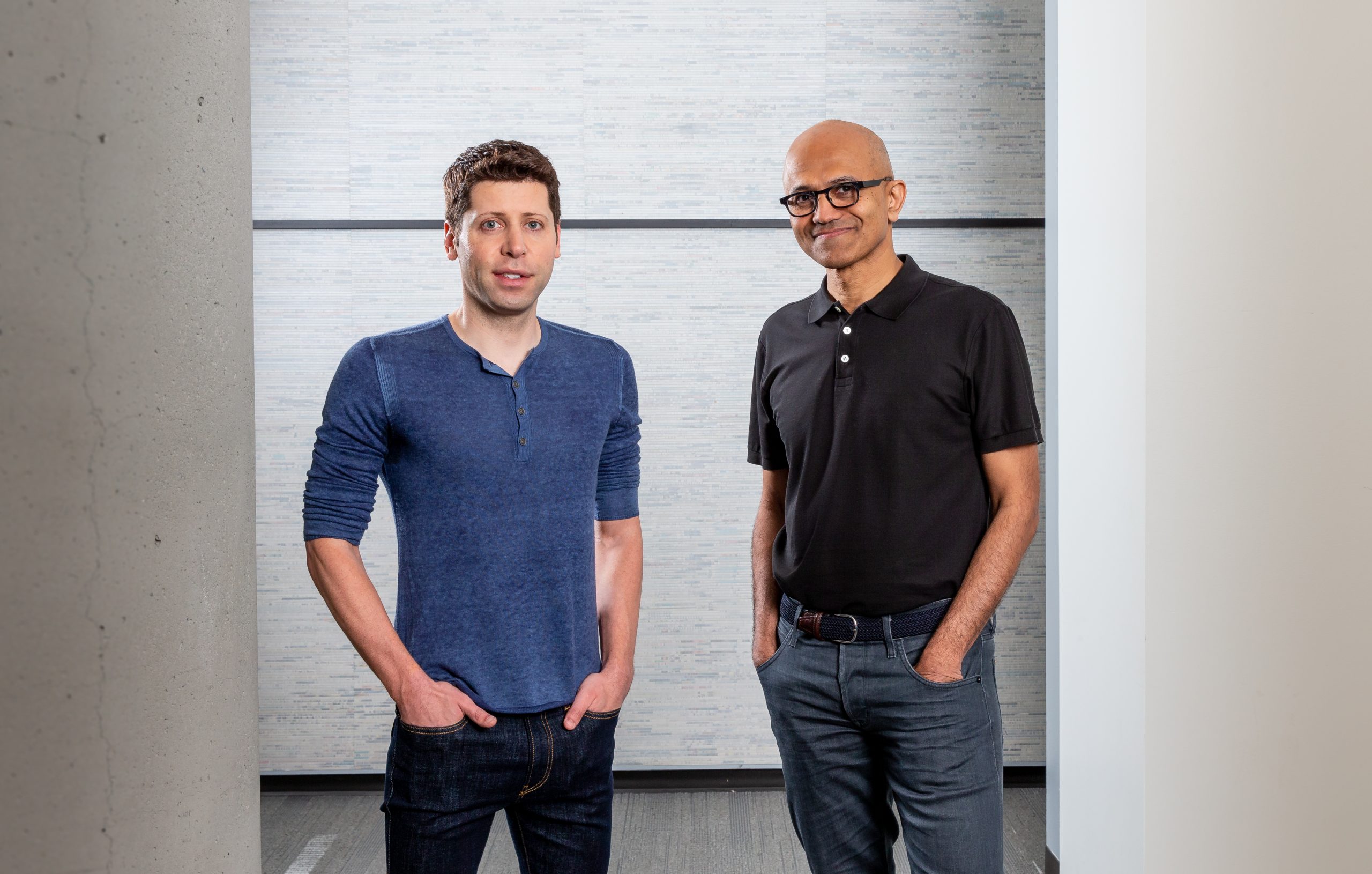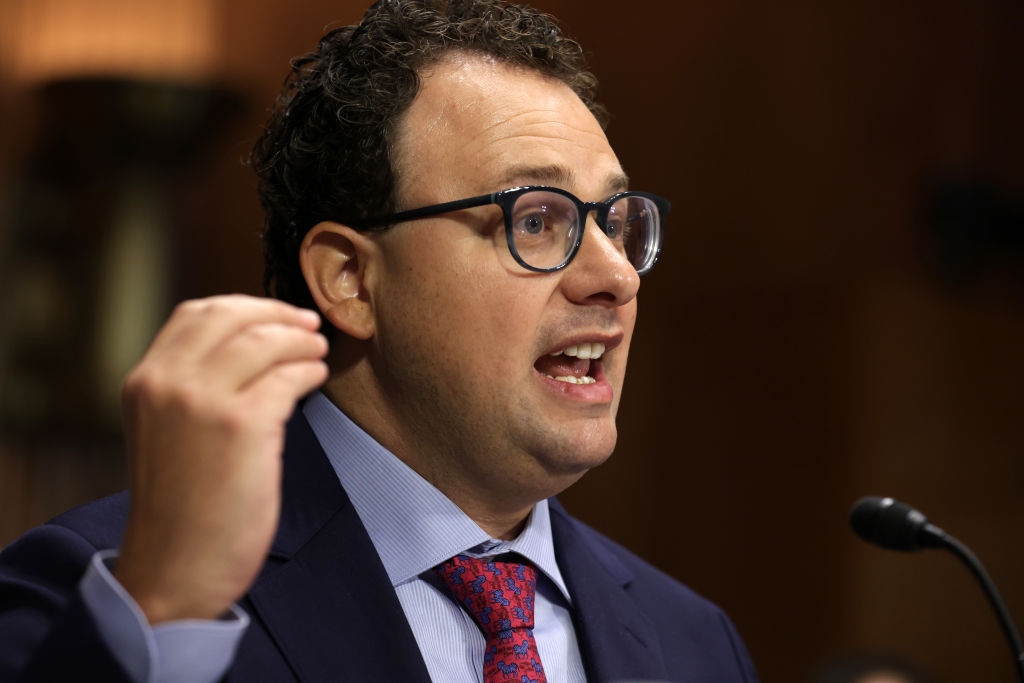
The Norwegian sovereign wealth fund, a monumental global investor, has declared its opposition to a proposed compensation package for Tesla CEO Elon Musk, reportedly valued at an astounding $1 trillion. This decision by Norges Bank Investment Management (NBIM), which oversees assets for the world’s largest sovereign wealth fund, marks a significant moment in the ongoing saga surrounding Musk’s pay and adds considerable weight to the growing chorus of shareholder skepticism. While NBIM’s vote alone may not definitively derail the proposal, its public stance underscores the intense scrutiny over executive compensation and corporate governance at one of the world’s most influential companies.
A Global Fund’s Stance
Norges Bank Investment Management, responsible for managing Norway’s Government Pension Fund Global, is a titan in the investment world, with a portfolio valued in the trillions of dollars. As of its mid-year filings in June 2025, the fund held a 1.14% stake in Tesla, an investment valued at approximately $11.7 billion. Given its vast holdings across numerous companies worldwide, NBIM’s voting record and investment principles are closely watched by other institutional investors and corporate boards. The fund’s primary mandate is to ensure long-term financial returns for Norway’s future generations, guided by strict ethical guidelines and a focus on sustainable and responsible investment practices.
In a statement posted on its website, NBIM articulated its rationale for rejecting the compensation package. "While we appreciate the significant value created under Mr. Musk’s visionary role, we are concerned about the total size of the award, dilution, and lack of mitigation of key person risk — consistent with our views on executive compensation," the statement read. The fund further indicated its intent to "continue to seek constructive dialogue with Tesla on this and other topics." This carefully worded statement acknowledges Musk’s undeniable impact on Tesla’s success while firmly upholding the fund’s principles regarding executive pay, specifically highlighting concerns about potential shareholder dilution and the concentration of risk associated with a single individual.
The Genesis of a Landmark Pay Plan
To understand the current controversy, it is essential to revisit the origins of Elon Musk’s ambitious compensation package. The original plan was approved by Tesla shareholders in 2018, designed as a highly incentivized, all-stock options award. At the time of its initial approval, the package was valued at approximately $2.6 billion, a sum that, while substantial, pales in comparison to the current reported figure. The plan was structured around a series of incredibly challenging operational and market capitalization milestones, divided into 12 tranches. For Musk to unlock each tranche, Tesla had to achieve increasingly higher revenue, adjusted EBITDA, and market capitalization targets, culminating in a staggering $650 billion market capitalization.
This unique compensation structure was lauded by some as a visionary approach to incentivize a CEO, directly aligning their personal wealth with the company’s long-term success. Critics, however, viewed it as excessive and potentially dilutive, setting a dangerous precedent for executive pay. Over the ensuing years, Tesla’s market value soared past even the most optimistic projections of 2018, propelled by aggressive innovation in electric vehicles, battery technology, and autonomous driving. As the company hit milestone after milestone, Musk’s potential earnings from the package escalated dramatically, transforming what was once a multi-billion-dollar award into a sum that could potentially reach the reported $1 trillion if all conditions are met and the stock maintains its value. This unprecedented growth is the primary driver behind the current, eye-watering valuation of the compensation plan.
The Delaware Court’s Intervention
The current re-vote by Tesla shareholders is not a voluntary decision by the company’s board but a direct consequence of a significant legal challenge. In January 2024, a Delaware Court of Chancery judge, Kathaleen McCormick, issued a ruling that voided the original 2018 compensation package. The lawsuit, brought by a Tesla shareholder, alleged that the compensation package was essentially a "gift" to Musk, orchestrated by a board that was beholden to him, and that shareholders were not adequately informed about the details or the board’s process when they voted on it.
Judge McCormick’s extensive 200-page ruling concluded that Tesla’s board failed to prove the compensation plan was fair and that the shareholder approval process was "deeply flawed." She highlighted Musk’s pervasive influence over the board and the negotiation process, asserting that the board members lacked independence and that the proxy statement distributed to shareholders omitted crucial information. This landmark ruling sent shockwaves through the corporate governance world, emphasizing the judiciary’s role in scrutinizing executive compensation and the fiduciary duties of corporate boards. Following this decision, Tesla’s board opted to put the compensation package to a new shareholder vote, aiming to rectify the procedural deficiencies identified by the court and secure a fresh mandate.
Shareholder Scrutiny and Governance Debates
NBIM is not alone in its opposition to the proposed compensation package. Leading proxy advisory firms, Institutional Shareholder Services (ISS) and Glass Lewis, have also recommended that shareholders vote against the plan. These firms play a crucial role in corporate governance, advising institutional investors on how to cast their votes on various proposals, including executive compensation, board elections, and mergers. Their recommendations often sway a significant portion of shareholder votes, particularly from passive index funds and other large institutions.
The concerns raised by these advisory groups echo NBIM’s stance, focusing on the sheer magnitude of the award, the potential for excessive dilution of existing shares, and broader governance issues. Critics argue that such a colossal payout, even for a high-performing CEO, sets a problematic precedent and could be seen as disproportionate, especially in light of the significant wealth Musk has already accumulated through his Tesla holdings. The debate also touches upon the concept of "key person risk," where a company’s success becomes overly dependent on one individual. While Musk’s leadership is undeniably central to Tesla’s trajectory, institutional investors often seek mechanisms to mitigate such risks, ensuring the company’s long-term resilience beyond a single leader.
Musk’s Argument: Control Over Compensation
Elon Musk himself has been vocal about his perspective on the compensation package, framing it less as a matter of personal enrichment and more as a matter of control and commitment. During a recent company earnings call, and in various public statements, Musk has argued that the package is not primarily about the money, but rather about maintaining his significant ownership stake and influence within Tesla. He has indicated that without a substantial equity stake, his motivation and commitment to the company might wane, potentially leading him to direct his energies and innovative efforts elsewhere.
Musk has even gone so far as to threaten to leave Tesla if the package is not approved, suggesting that his future engagement with the company’s ambitious projects, such as humanoid robots and advanced AI, hinges on his perceived level of control. This argument introduces a unique dynamic into the compensation debate, intertwining a CEO’s financial incentives with their strategic leadership and dedication. For some shareholders, this might be a compelling reason to approve the package, fearing the loss of Musk’s visionary leadership. For others, it could be perceived as a form of corporate brinkmanship, placing undue pressure on shareholders to approve an otherwise contentious proposal.
Broader Implications for Corporate America
The Tesla compensation saga carries significant implications far beyond the confines of the electric vehicle manufacturer. It serves as a high-profile case study in the ongoing tension between rewarding extraordinary entrepreneurial success and adhering to sound corporate governance principles. If the $1 trillion package is ultimately approved, it could embolden other corporate boards to propose similarly massive pay packages for their top executives, arguing for the need to retain and incentivize "transformational" leaders. This could further fuel the debate about executive compensation inflation and its impact on shareholder value and income inequality.
Conversely, if the package is rejected, it would send a clear message from institutional investors and the judiciary that even the most celebrated CEOs are subject to rigorous oversight. It would reinforce the power of shareholder activism and the importance of independent board governance. The outcome will undoubtedly influence how executive compensation is structured and scrutinized across Corporate America for years to come, potentially leading to greater transparency and more stringent criteria for performance-based awards. The cultural impact is also noteworthy; in an era of heightened public awareness regarding wealth disparities, a "trillion-dollar" payout to an already immensely wealthy individual draws considerable public attention and commentary, reflecting broader societal values and expectations concerning corporate responsibility.
Looking Ahead: The Path to the Shareholder Vote
As the final shareholder vote on Musk’s compensation package approaches, the landscape remains complex and highly charged. The opposition from influential entities like NBIM and proxy advisory firms creates a formidable challenge for Tesla’s board. However, Musk’s loyal following among retail investors, coupled with the company’s history of achieving seemingly impossible feats under his leadership, means the outcome is far from certain. Many retail investors, who collectively hold a substantial portion of Tesla’s shares, might prioritize Musk’s continued leadership over concerns about dilution or governance.
The vote will ultimately be a test of shareholder priorities: whether the desire to retain a visionary, albeit controversial, leader outweighs concerns about corporate governance, executive compensation, and potential dilution. The final decision will not only determine the future of Elon Musk’s relationship with Tesla but also set a powerful precedent for executive pay and shareholder power in the modern corporate era. All eyes will remain on Tesla as this unprecedented governance battle unfolds, with its resolution poised to send ripples across global financial markets and corporate boardrooms.







